 Traditional Japanese Colors
Traditional Japanese Colors
About Japan’s Traditional Color, Flesh Color (肌色, はだいろ) – History, Origin, and Color Codes
 Traditional Japanese Colors
Traditional Japanese Colors  Japanese Kanji
Japanese Kanji  Japanese Kanji
Japanese Kanji  Japanese Kanji
Japanese Kanji  Japanese Kanji
Japanese Kanji  Japanese Kanji
Japanese Kanji  Japanese Kanji
Japanese Kanji  Japanese Kanji
Japanese Kanji  Japanese Kanji
Japanese Kanji  Japanese Kanji
Japanese Kanji  Japanese Kanji
Japanese Kanji  Japanese Kanji
Japanese Kanji  Japanese Kanji
Japanese Kanji  Japanese Kanji
Japanese Kanji  Japanese Kanji
Japanese Kanji  Japanese Kanji
Japanese Kanji  Traditional Japanese Colors
Traditional Japanese Colors  Japanese Kanji
Japanese Kanji 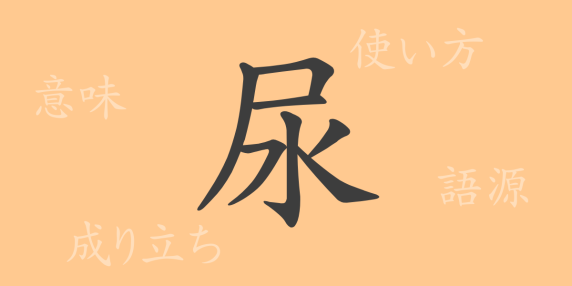 Japanese Kanji
Japanese Kanji 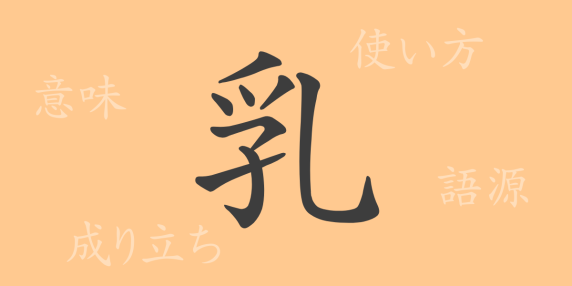 Japanese Kanji
Japanese Kanji 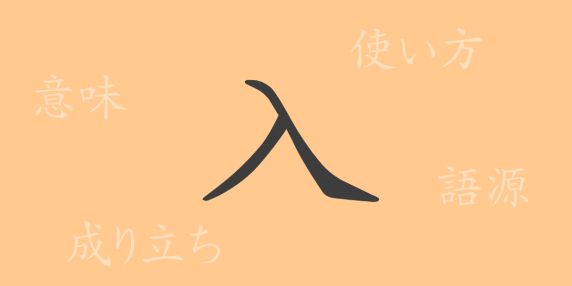 Japanese Kanji
Japanese Kanji 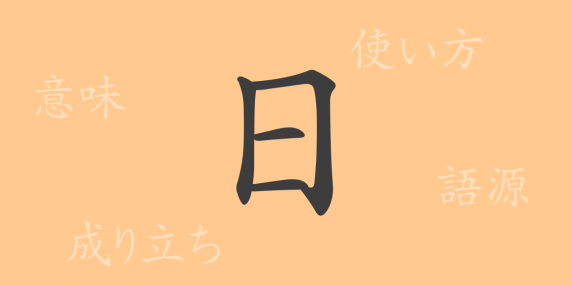 Japanese Kanji
Japanese Kanji 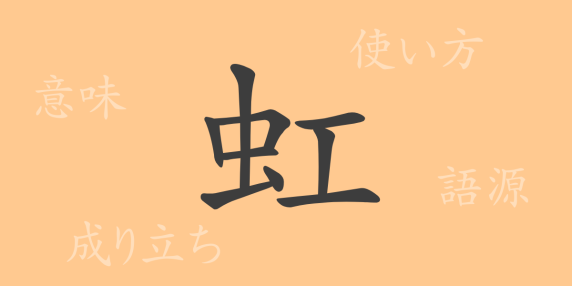 Japanese Kanji
Japanese Kanji 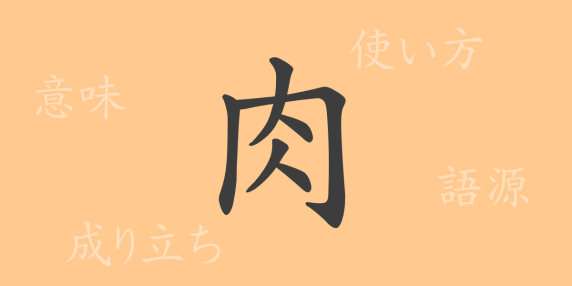 Japanese Kanji
Japanese Kanji 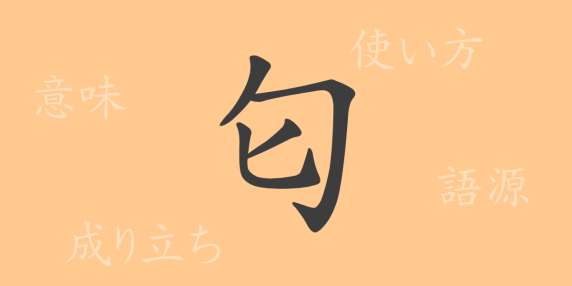 Japanese Kanji
Japanese Kanji 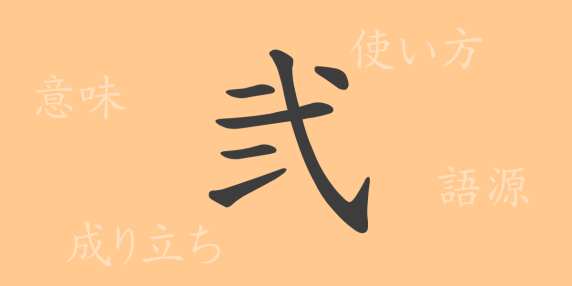 Japanese Kanji
Japanese Kanji 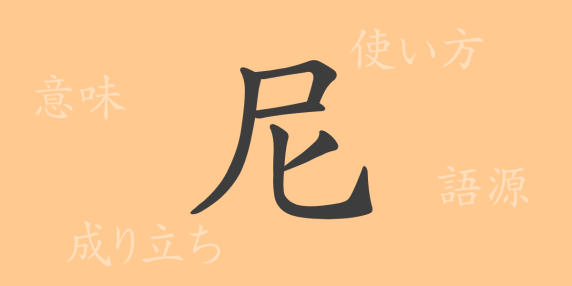 Japanese Kanji
Japanese Kanji 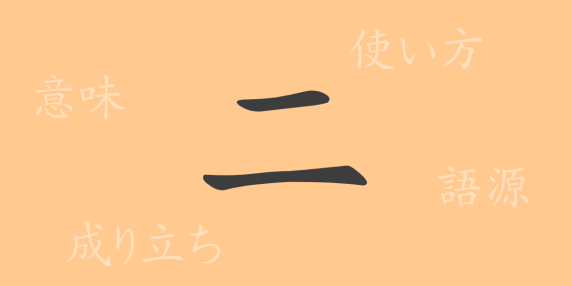 Japanese Kanji
Japanese Kanji